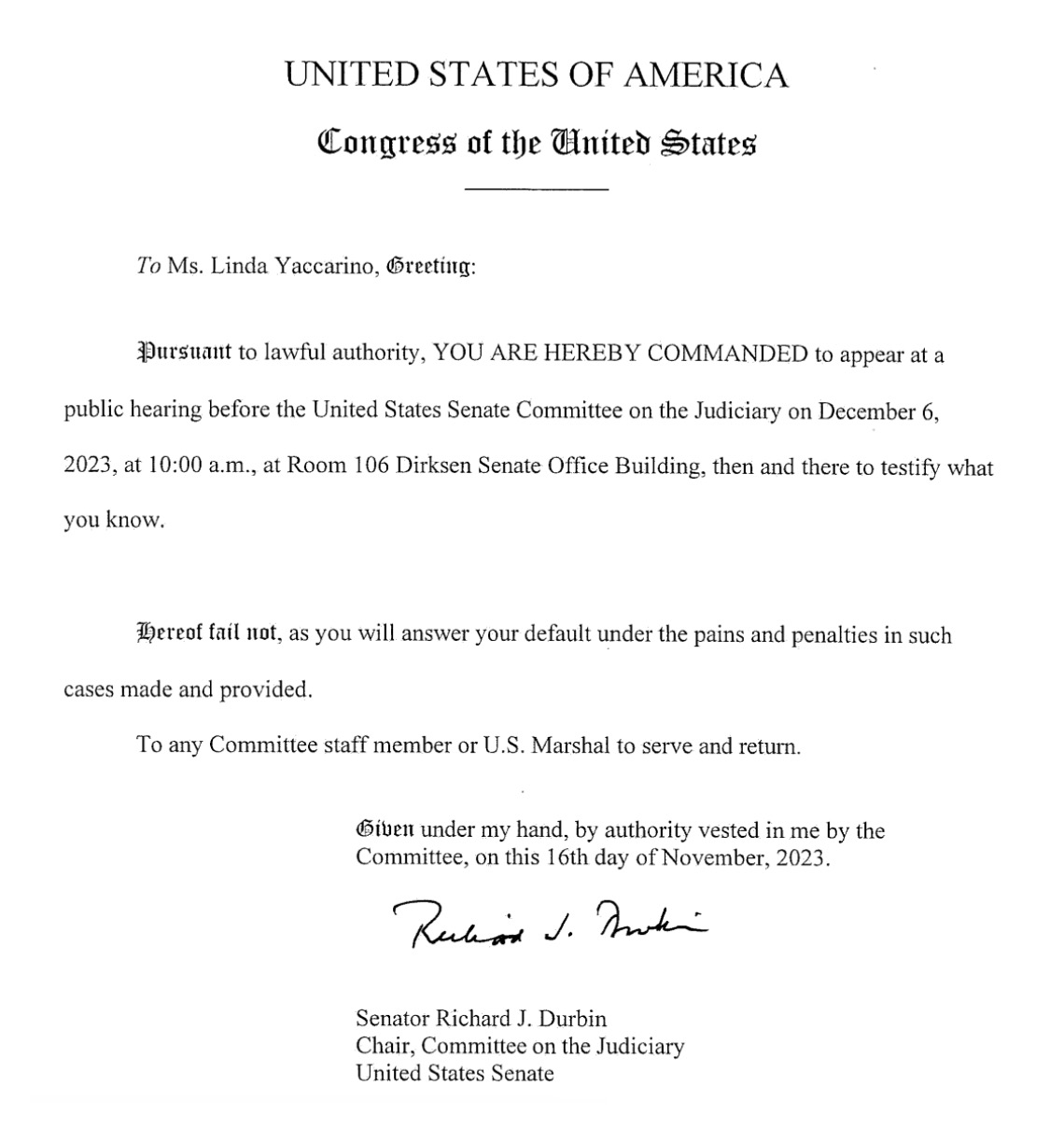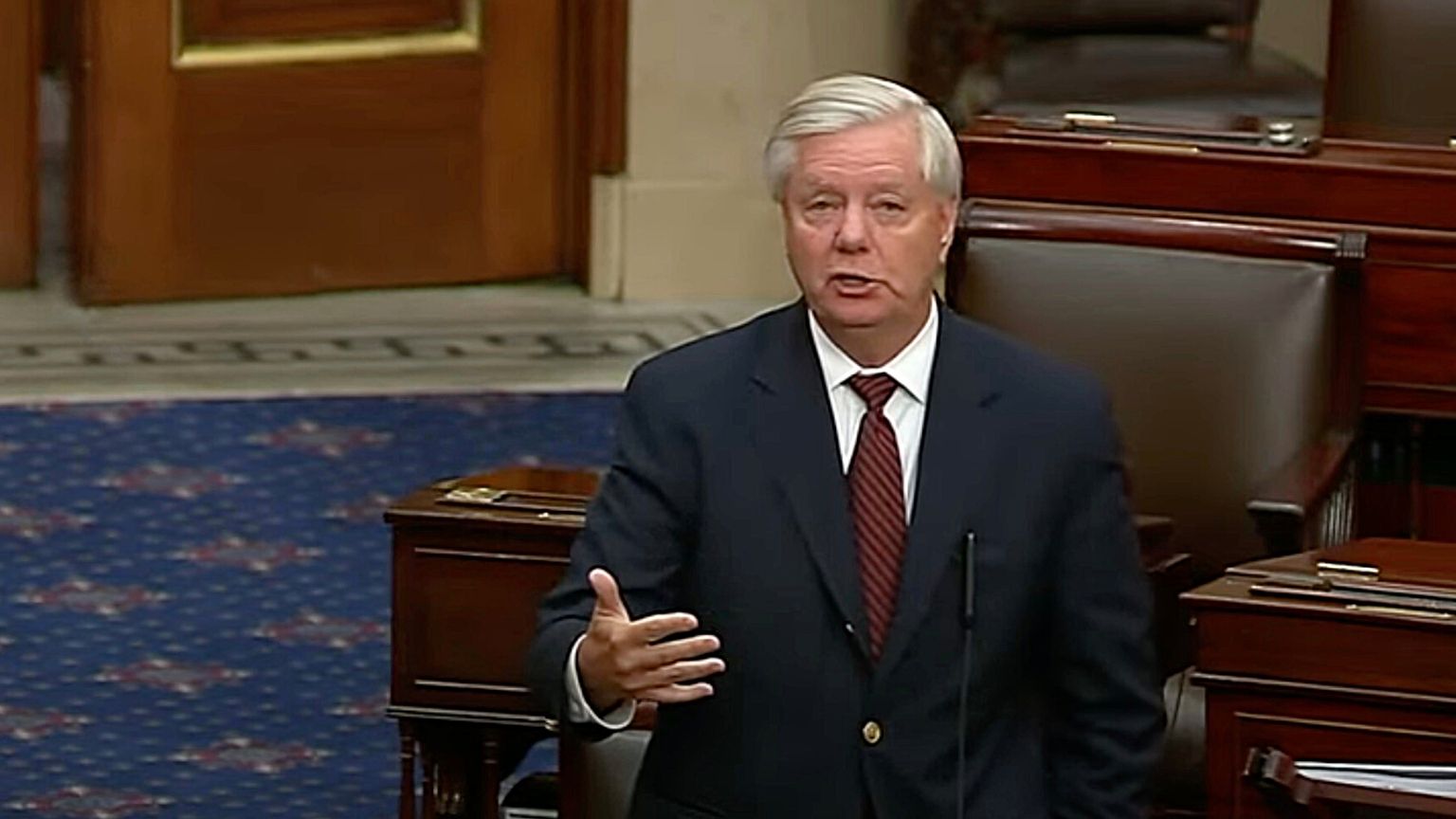On Monday, Senators Dick Durbin and Lindsey Graham took significant steps in their ongoing campaign against online child sexual exploitation by issuing subpoenas to the CEOs of X, Snap, and Discord. The aim of these subpoenas is to bring these technology leaders before a hearing to discuss this issue. Their decision follows multiple refusals by the executives to participate, despite extensive negotiations.
However, this move is part of a broader initiative by the senators, especially Senator Graham, who has been a vocal advocate for the EARN IT Act. This proposed legislation, championed by Graham, rightly seeks to address online child exploitation but has raised concerns due to its potential implications for end-to-end encryption and digital privacy. Graham is pushing for a ban on all end-to-end encryption and private messaging, and advocating for Big Tech to scan even the “private” messages of its users. Critics argue that the EARN IT Act could lead to a significant reduction in privacy in the digital domain by effectively banning robust encryption methods.

In their joint statement, Durbin and Graham stressed the bipartisan effort to protect children from the perils of the online world, citing it as a major concern for parents. They criticized the failure of Big Tech to self-regulate in this regard.
The senators reminded the public of their previous warning to tech companies during a February hearing about their responsibilities in safeguarding children online. They see the upcoming hearing as a crucial platform for these CEOs to account for their companies’ lapses in protecting children and to contribute to resolving the crisis of online child sexual exploitation.
Additionally, the Senators are in talks with Meta and TikTok, expecting voluntary testimonies from Meta CEO Mark Zuckerberg and TikTok’s Shou Zi Chew at the December 6 hearing. This ongoing dialogue with major tech firms highlights the Senate’s determination to confront the issue of online child safety, a cause that Senator Graham is using to bolster support for the controversial EARN IT Act.












